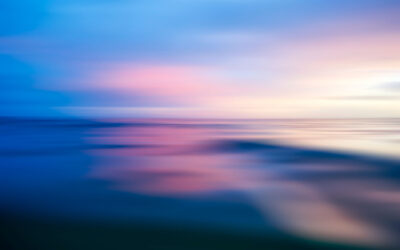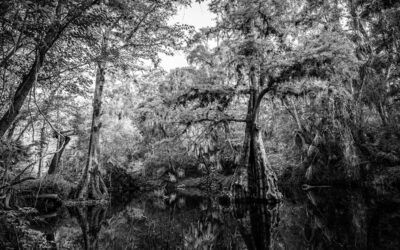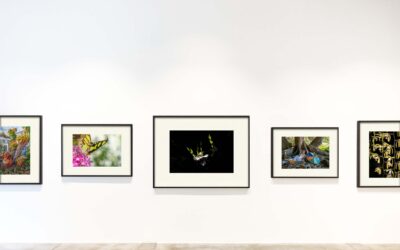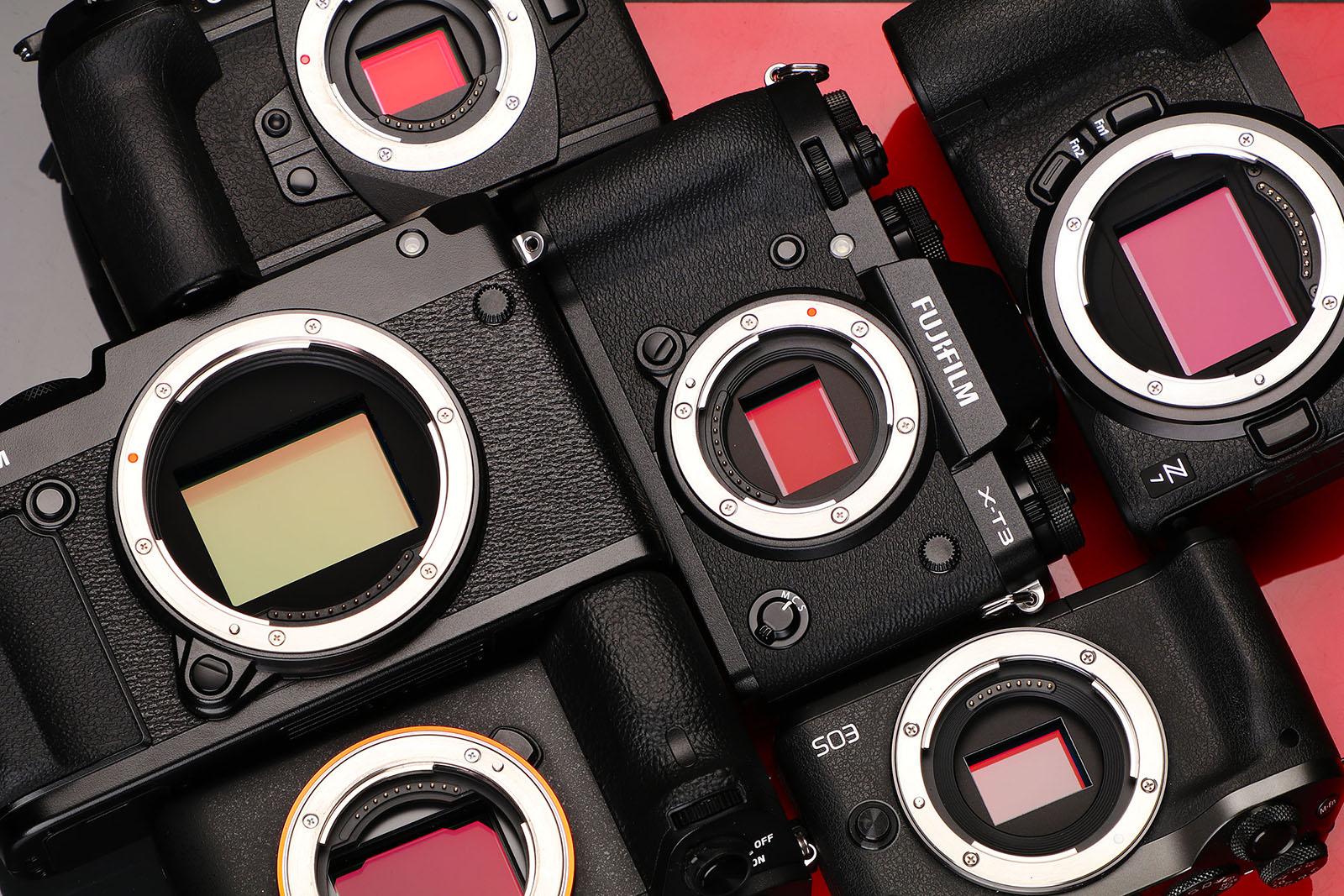
One of the most important decisions you’ll need to make when buying a new camera is whether to buy one with a crop or full frame sensor.
Which one you choose is really up to you as there are advantages and disadvantages to each.
First I want to say that many professionals, including myself, have cameras for personal use that have a crop (smaller) sensor. It depends on what you are shooting and often if you want to sacrifice some quality for a smaller, lighter and more “nimble” camera. This is what I do when I travel as lugging all that gear is too much like my real work as a commercial photographer.
Every camera manufacturer offers models with both full frame and crop sensors. Typically, each type of sensor has their own set of lenses to optimize that sensor size as well. So if you choose a camera with a crop or full frame sensor and plan on multiple lenses, you’ll probably stay with that system.
Now lets look at this in further detail if you want to know more:
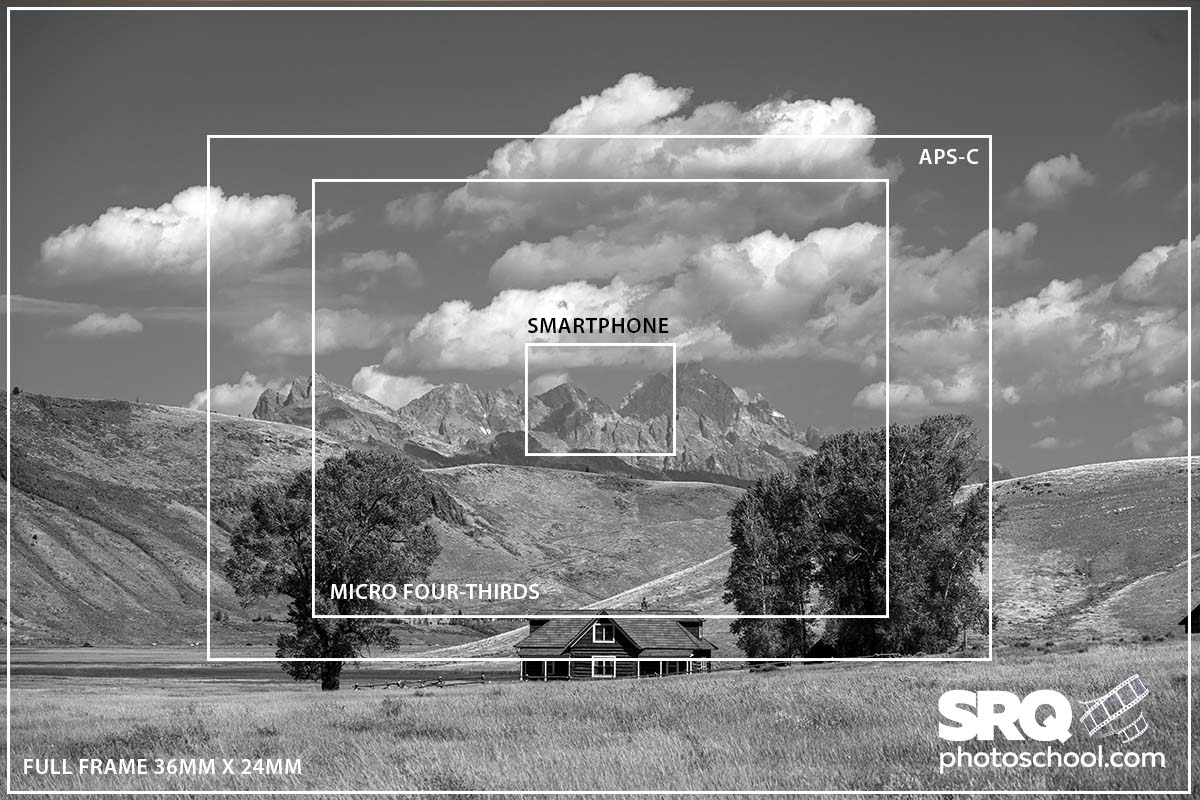
What is a Sensor?
A sensor is the rectangular component in the camera that reads and records the image according to the light coming through the lens. The larger the sensor, the more light you can capture, increasing the quality and detail in your image. The primary job of your camera is to capture light. The sensor is the single most expensive component in the camera build. Typically, the larger the sensor the more expensive the camera body is and the better the performance in more difficult lighting conditions or in finer detail because it can capture more data from your scene.
Differences Between a Full-Frame and a Crop Sensor
“Crop” and “full-frame” refer to the size of the camera sensor. A full-frame sensor is a digital sensor that replicates the size of classic 35mm film cameras (36 x 24mm).
A crop sensor is smaller, which means it crops the edges of your photo to produce a tighter field of view. The extent of this crop is called the crop factor. There’s no standard size or crop factor for a crop sensor—it varies among brands unfortunately.
Full frame cameras contain the largest standard sensors you can buy (aside from more specialised medium format cameras).
You’re most likely to find professional full frame DSLRs, but there’s now a growing trend for professional full frame mirrorless cameras. Crop sensors are more commonly found in mid-range cameras that suit photographers starting out in their journey.
The two most common crop sensors are APS-C sensors and Micro Four Thirds sensors (most typically found in Panasonic and Olympus cameras).
Crop Sensor Advantages
- Cheaper body
- Cheaper lenses
- Good pixel density per dollar
- Size and weight: lighter than full frame
Full Frame Sensor Advantages
- Better low-light performance
- More dynamic range
- Mirrorless bodies have advanced technology
- Wider field of view for landscapes
Crop Sensor Disadvantages
- More noise in low light in some cases
- Less dynamic range
- Wide lenses won’t be as wide
- Crop lenses won’t fit the full-frame sensor
Full Frame Sensor Disadvantages
- Relatively expensive in comparison
- Heavier and larger
- Larger file sizes
- May be more camera than you need
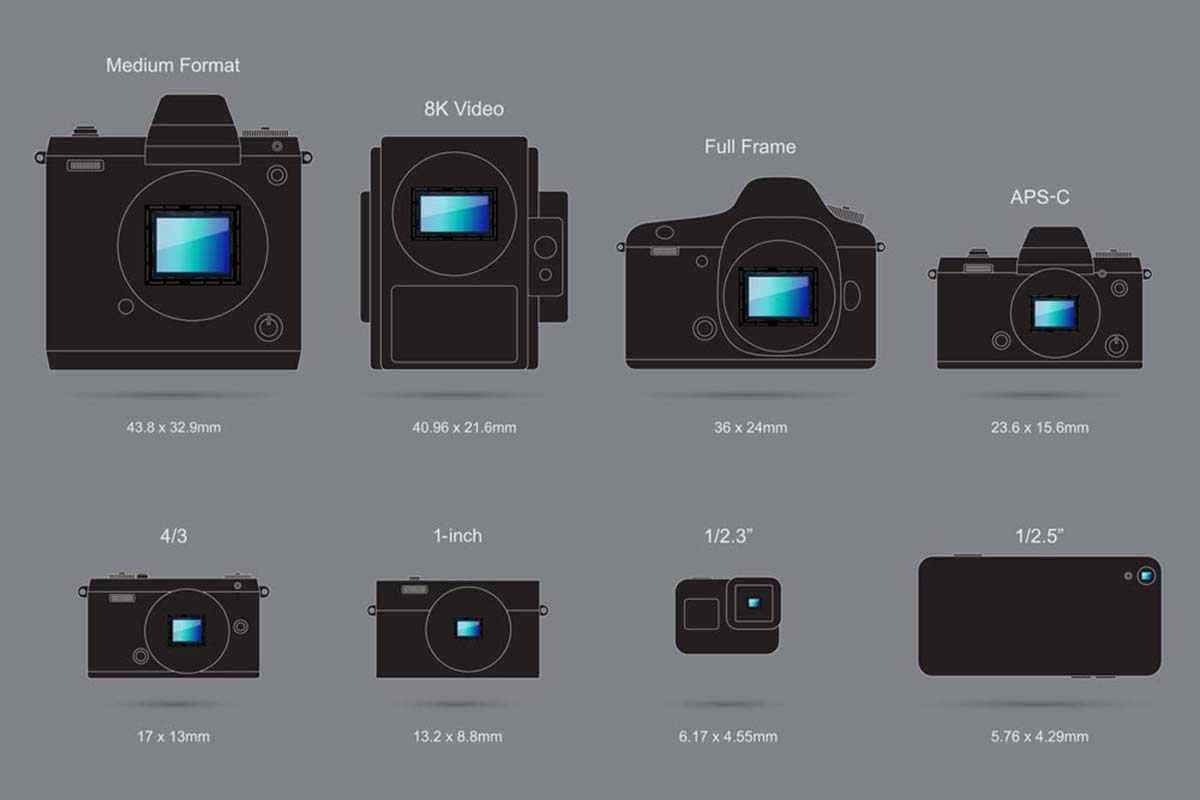
Is a Full-Frame Sensor Really Better Than a Crop Sensor?
It depends on the level of photography you engage in and the type of photography you prefer. While full-frame sensors perform better in low light or in capturing detail, you may be just as satisfied with a crop sensor camera, especially if cost or weight is a big deal for you.
Dynamic Range
The dynamic range (the complete range of exposure values in an image) is typically higher in a full-frame camera, meaning you can shoot images with higher contrast.
Plus if you accidentally overexpose or underexpose your photo, you have more detail to edit with to fix up the blow-out.
Low Light Performance
Thanks to its larger size, a full frame camera usually produces sharper, clearer, and more detailed images in low light photography. Since the sensor can capture more light, you also won’t need to crank up the ISO so your images will have less grainy noise.
Depth of Field
Full frame cameras are more capable of capturing a shallower depth of field, which means more beautiful, creamy bokeh in the background shots for portraits.
Wide Field of View
Having crop factor (with a crop sensor) means a tighter field of view. If you shoot landscape photography where you want wide shots to capture the vast surroundings, a full frame camera is far more likely to get the job done.
Overall Image Quality
Full frame cameras are still the chosen option among professional photographers thanks to their ability to meet the high standards of resolution and detail, especially for producing print photography in larger sizes.
Weight
When it comes to weight, there’s no getting around the fact that full frame cameras are heavier. A full frame sensor adds bulk, so if portability is a priority, a camera with a crop sensor might be a more natural pick for you.
Price
Full frame cameras require a greater investment than crop sensor cameras. And their compatible lenses can often be even pricier so if you’re not making money from the art and investment is an issue, a crop sensor camera will serve you just as well.
Can I use a Full Frame lens on a Crop Camera?
Crop sensor cameras and full frame cameras have their own unique interchangeable lens ranges but fortunately, full frame lenses can be used on crop sensor cameras (though not vice versa).

